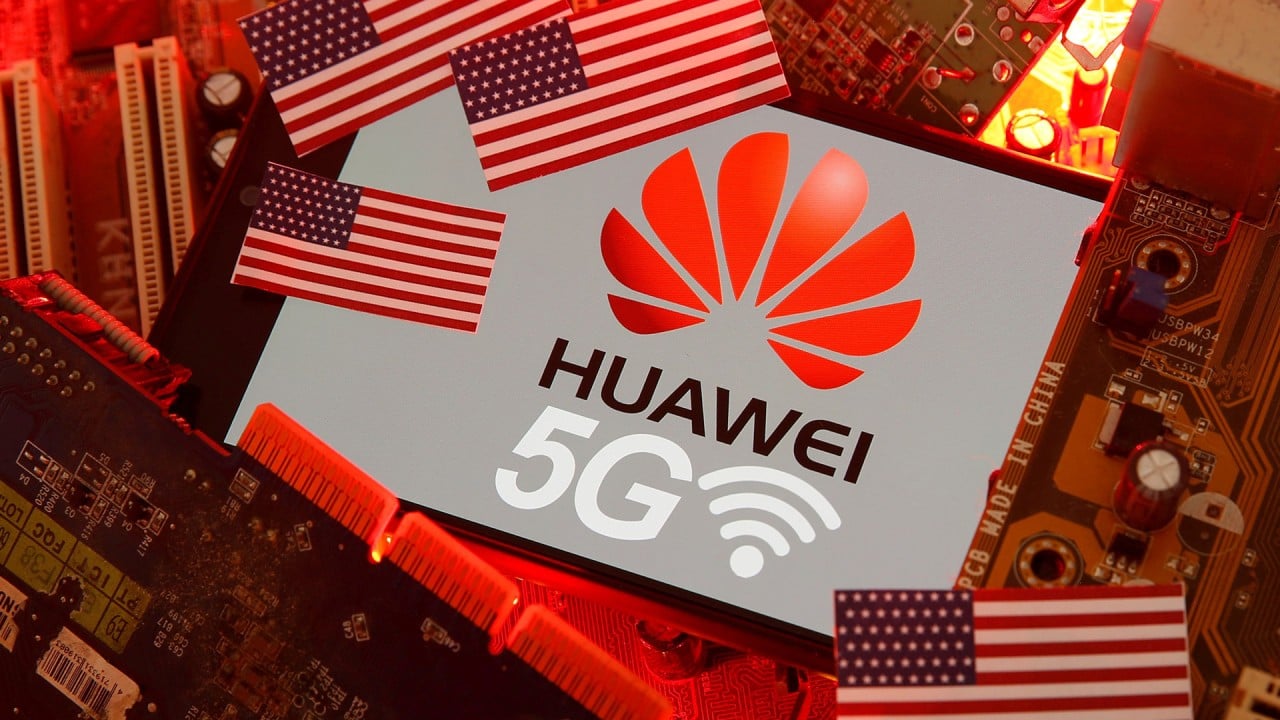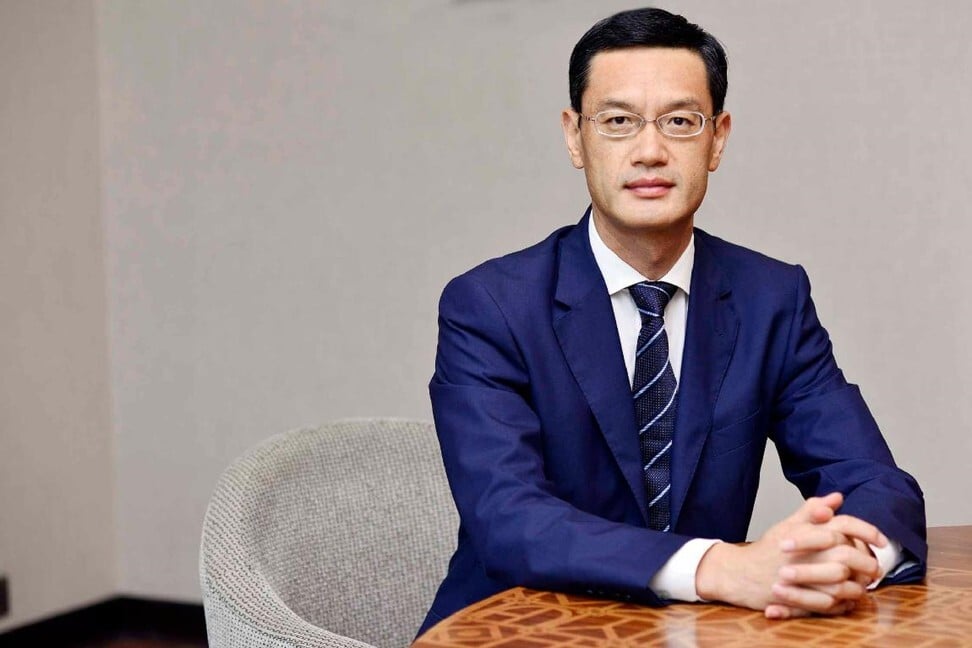
Huawei plans big leap to rank among Asia’s top cloud services providers in next three years
- Huawei’s push into the Asia-Pacific cloud services market heats up its competition with Amazon Web Services, Microsoft Azure and Alibaba Cloud
- The telecoms giant has earmarked US$100 million to encourage start-ups in the region to use its cloud services platform
“We are looking to become a top three cloud services provider in the Asia-Pacific in the next three years,” Zeng Xingyun, president of Huawei Cloud operations in the region, told the South China Morning Post in Hong Kong this week. “In five years or more, we aim to do even better than that.”
Huawei Cloud was the No 2 cloud services provider in mainland China – the world’s second-largest cloud market behind the US – in the quarter ended March, with a 19.7 per cent share, according to a report by research firm Canalys in June. Alibaba Cloud continued to dominate the domestic market in the same period, with a 39.8 per cent share.

05:22
Huawei founder on cybersecurity and maintaining key component supply chains under US sanctions
The stakes are high for privately held Huawei, as public cloud services in the Asia-Pacific market are predicted to reach US$48.4 billion this year, up from US$36.4 billion in 2020, according to a report by tech research firm IDC in March.
Cloud computing services enable companies to buy, sell, lease or distribute a range of software and other digital resources as an on-demand service over the internet, just like electricity from a power grid. These resources are managed inside data centres.

“This is the area we want to aggressively grow,” Jay Chan, vice-president of Huawei’s Asia-Pacific operations, said in an interview. “We are pouring resources into software, which is free of the impact from [US] sanctions.”
“So we are making some strategic decisions for our entire business,” Chan said. “We hope that we can accelerate our growth on software and cloud services.”
Huawei earmarks US$100 million for Asia-Pacific start-ups to use its cloud services
Steady growth for Huawei Cloud would be on the back of winning multiple major deals with government clients, financial institutions and logistics companies, according to Zeng.
“We have formed good relationships with many industry leading clients in various countries, which has helped us expand our business in the Asia-Pacific over the past few years,” he said.
The company counts as an advantage the many relationships it has built through the years as a telecoms network equipment supplier to various governments in the region. It has also trained a group of more than 40,000 people in the region on information and communications technologies, so they can play a major role in helping in the digital transformation of industries across Asia.
Echoing that difference, Shonali Krishnaswamy, chief technology officer at analytics company AIDA Technologies in Singapore, said many companies in the city state plan to transform themselves from old-school software vendors into software-as-a-service platform operators, which would increase demand for cloud service providers like Huawei.

